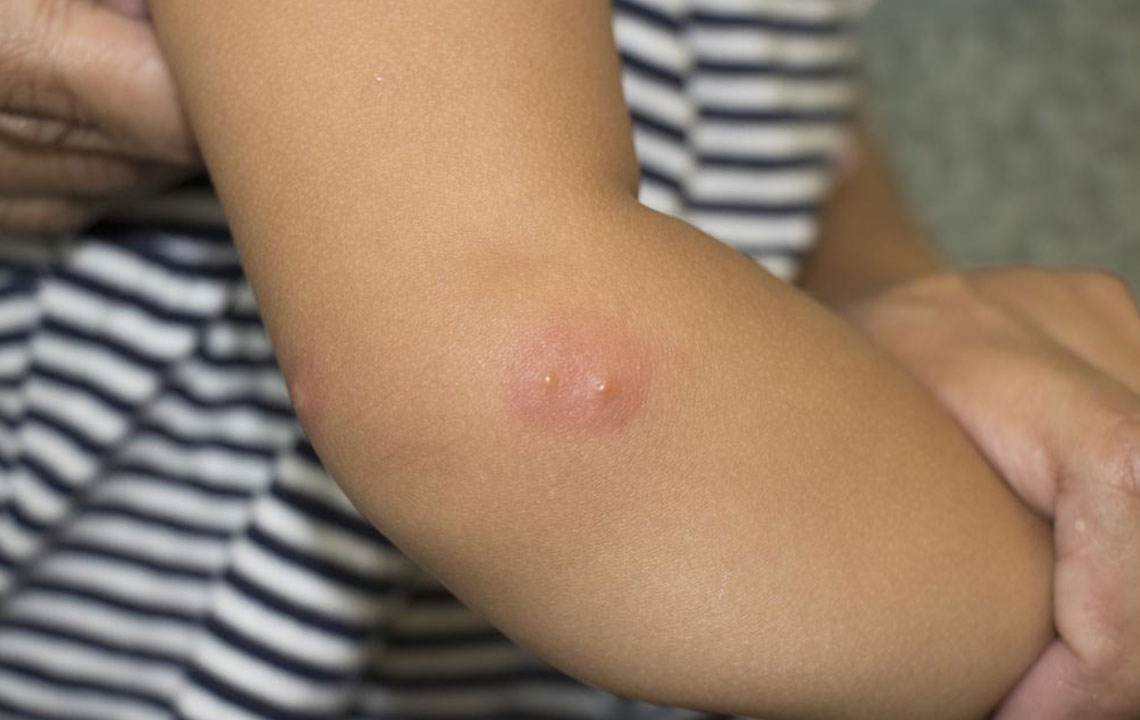Medical Treatment Options for Shingles
Caused by the varicella-zoster virus, shingles can be described as a painful skin rash. Also known as herpes zoster, it usually appears as a strip, band, or infects a small area on one side of the face or body. It is therefore imperative to know about the symptoms and shingles pain treatment options to be able to fight it effectively.
Shingles is a painful nerve root infection that occurs when the chickenpox causing virus gets activated in the body.

Seniors or people with a weak immune system are prone to shingles. Stress, medications and injuries can make the immune system vulnerable causing the varicella-zoster virus to activate. Usually, people suffering from shingles get better and do not suffer from it again. However, there are cases where people can get shingles more than once. Although non-communicable, it can still be transmitted from someone who has shingles. However, this possibility is pretty rare, so the chances of shingles spreading from a person who has had chickenpox to the one who has not are negligible.
Shingles pain treatment vaccines are available for adults. These medications help in lowering the chances of getting affected with shingles, it clears the rashes quickly and also helps to prevent long-term pain that usually occurs after shingles.
Symptoms
The symptoms of shingles show up in different stages. It begins with a headache or extreme sensitivity to light. Some people also experience flu but do not have a fever or high temperature.The second stage marks itching, pain, or tingling sensation in a particular area. It is in this place that a strip or a small rash occurs after a few days. The outbreak further turns into clusters or knots of blisters. These blisters are full of fluid which in a few days turn crusty. It usually takes days or a few weeks for these blisters to heal and often leave scars. There are cases when people get a mild rash or even no rash at all. People also have complained of dizziness or weakness in this period. A rash that spreads is a warning sign, especially if it is around the eye area as it can alter vision and is a sign of probable eye problems and can cause permanent eye damage.
In order to effectively treat shingles, it is best to see your doctor immediately before the rashes get worse. The doctors can prescribe you with some medications which can alleviate the pain and other additional symptoms.
Shingles pain treatment options
Once the doctor studies the symptoms of shingles, accordingly antivirals are prescribed. If the medicines are taken within the first three days of the rash surfacing, chances of developing postherpetic neuralgia decreases. Antiviral medicines and OTC painkillers are usually recommended by doctors to treat shingles. If any of the symptoms are noticed or experienced, it is best to see a doctor immediately. Starting a prescribed course or dosages of medicine can help heal the rash faster and makes it less painful. Also, there are prescription pain medicines recommended by doctors which help ease the intense discomfort.
By following a right treatment plan, complications caused due to shingles can be prevented. Some of the common types of shingles pain treatments options comprise:
- Antiviral medicines
- Pain relievers
- Antidepressants
- Topical creams
Additionally, there are simple home remedies for shingles pain treatment. For instance, by keeping the skin clean and taking good care of skin sores helps in getting rid of rashes caused by shingles. Drinking plenty of hydrating fluids and following an anti-inflammatory diet also quickens the healing process.
If pain continues even after the rashes are healed, it is possibly a case of postherpetic neuralgia (PHN). The most common problem associated with shingles, PHN causes pain that lasts from 3 months to up to several years and usually affects 15-20 people out of 100 who have had shingles and although their rashes are healed.
Some of the medications that can be used for treating postherpetic neuralgia are:
- Antiviral medicines
- Anticonvulsant medicines
- Opioids
- Painkillers
- Over-the-counter pain relieving medicines like ibuprofen or acetaminophen
- Topical antibiotics
Patients with severe symptoms should immediately seek their doctor’s help. Doctors often prescribe the use of corticosteroids along with the medications mentioned above. However, ensure that you don’t take any prescription medications without the doctor’s approval.